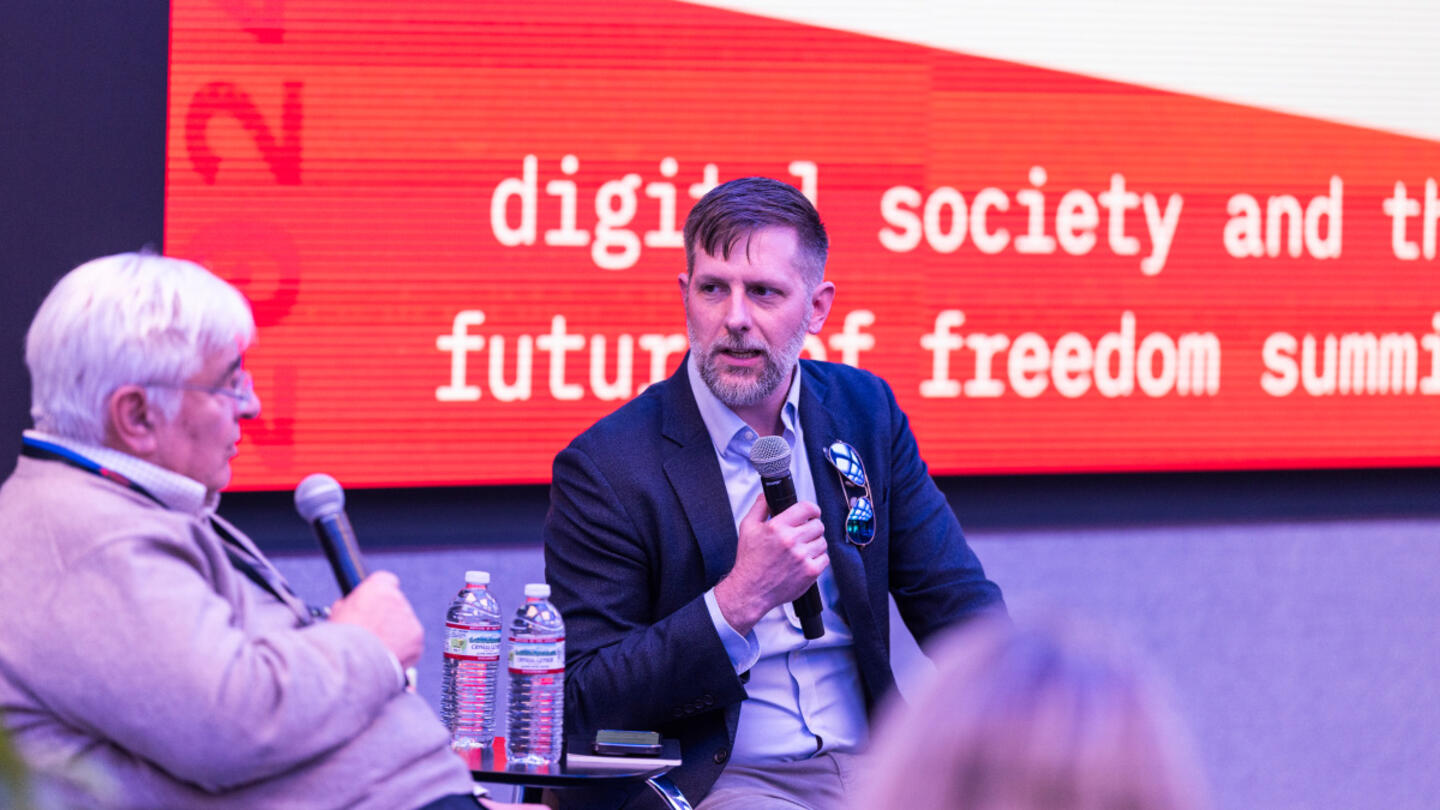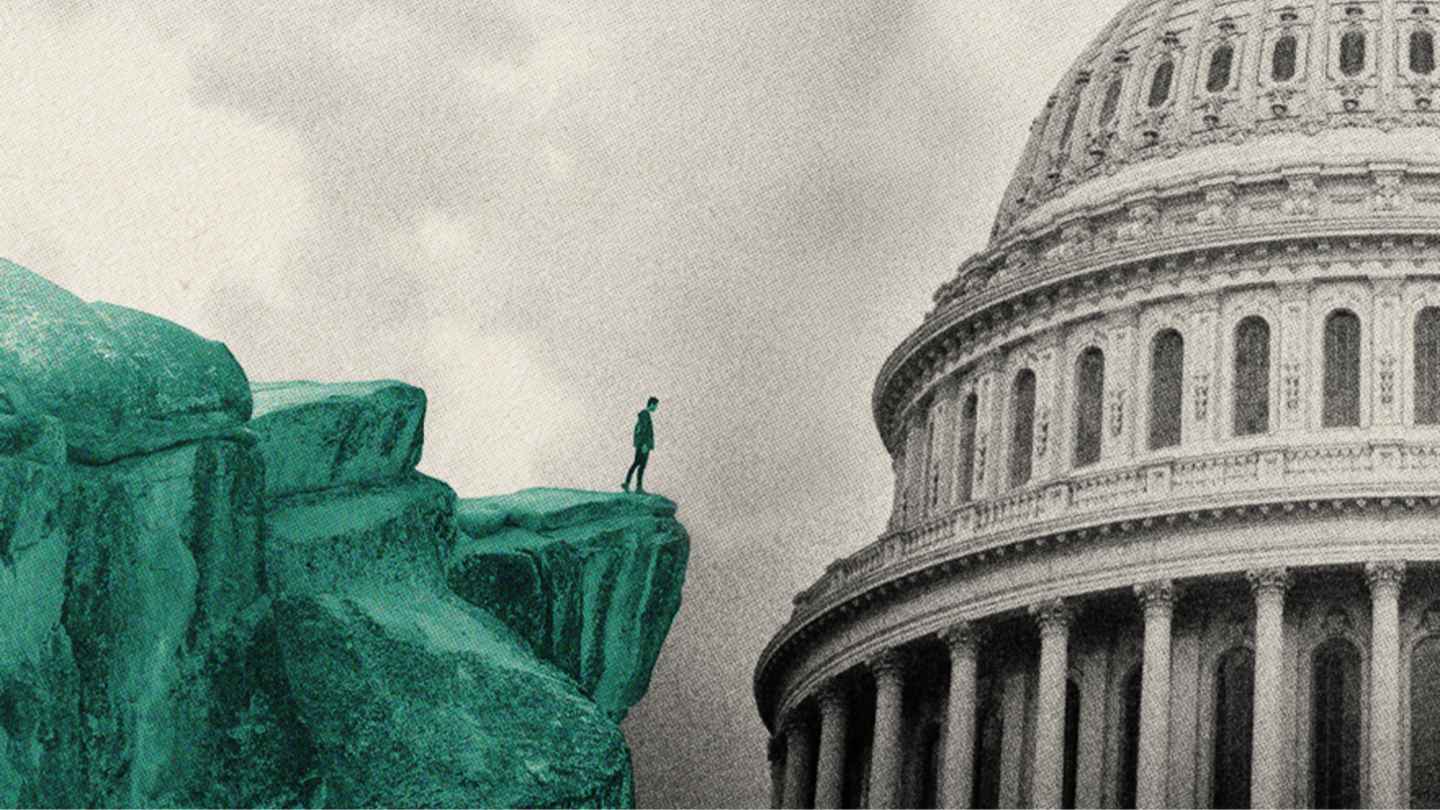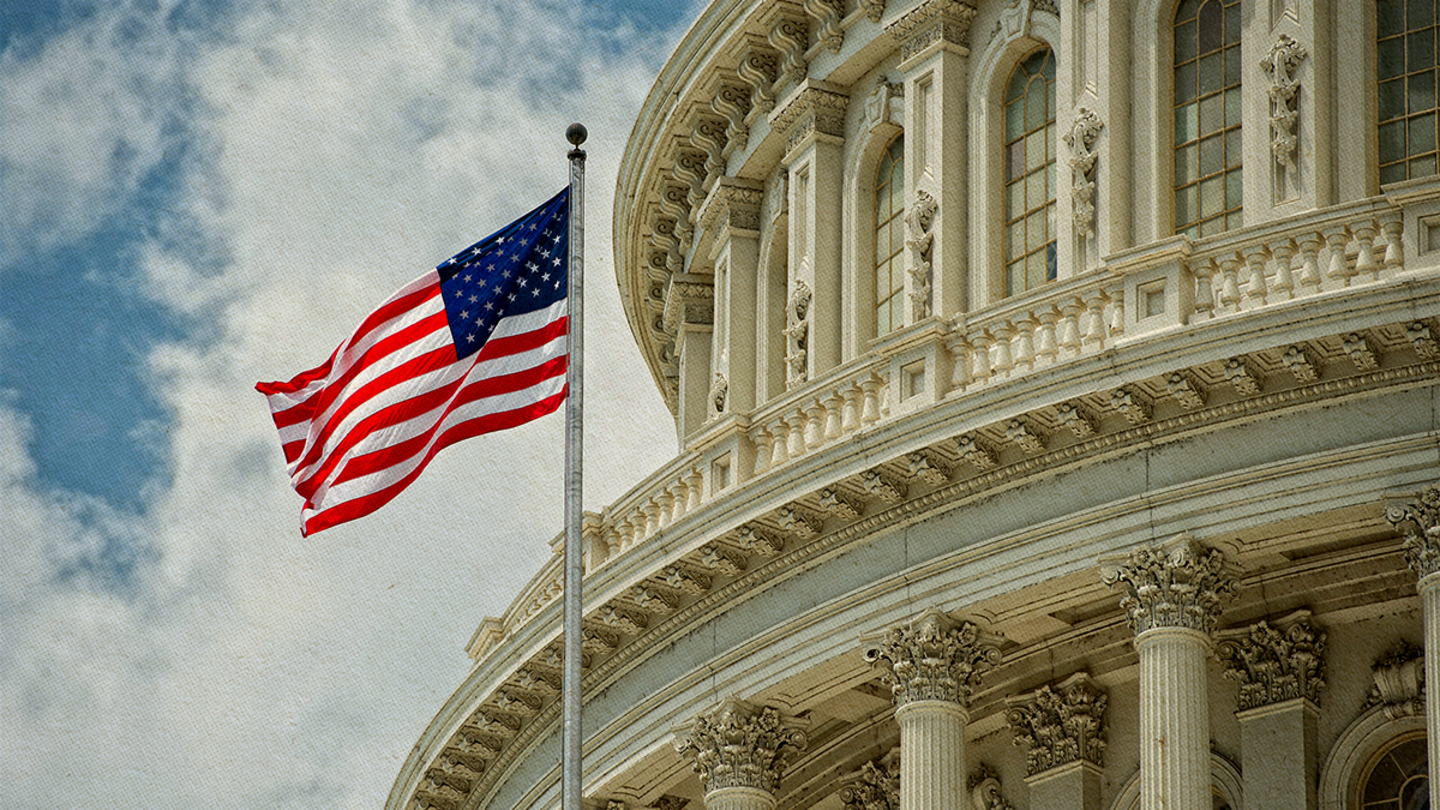A new presidential administration always brings change to how Washington, D.C. government offices operate, with new appointees and different directions in policy. However, the Trump administration is proposing to bring even more significant changes to Washington, focused on significant reductions in federal spending and regulations and the modernization of government infrastructure such as IT.
Momentum for this wide-scale reform began before President Donald Trump took office, when he announced the creation of the Department of Government Efficiency. Led by Elon Musk, DOGE is focusing on “modernizing federal technology and software to maximize governmental efficiency and productivity.”
Veronique de Rugy, a senior research fellow at the Mercatus Center at George Mason University, suggests that this sort of undertaking could, by itself, significantly impact government inefficiency.
“This is no substitute for Congress reforming all these programs, but DOGE could make a start,” de Rugy explained. “And the potential benefits are enormous: streamlined operations, an end to the ‘pay and chase’ model, and savings to taxpayers that could be comparable to the GDP of Sweden.”
Additionally, because initial discussions about DOGE concentrated on reducing federal spending and regulations, policy influencers were ready with suggestions, big and small, to inform the efforts. The appointment of leaders like Musk added momentum to their optimism.
“A rotating cast of lawmakers and presidents let spending outpace revenue for decades and show absolutely no interest in changing their habits,” wrote J.D. Tuccille, contributing editor at Reason. “Maybe — just maybe — outsiders can get it done.”
Paul Winfree, CEO of the Economic Policy Innovation Center and director of budget policy for the previous Trump administration, agrees.
“Through his social media platform, X, Musk is bringing long-overlooked ideas for government reform into the spotlight. For years, think tanks and watchdog groups have proposed solutions to reduce waste and improve efficiency, but these ideas have languished on their websites and in white papers, ignored by the broader public,” explained Winfree. ““Musk, with his flair for disruption and his ability to command broad public attention, is making government reform ‘cool’ again. This is no small feat — and it could make a real difference.”
Policymakers and experts are seizing the opportunity, putting their ideas in place where the Trump administration and efforts like DOGE can easily access and implement them.
A plethora of ideas awaits
“We propose some areas for small savings, such as privatizing the U.S. Postal Service and culling certain subsidies to universities,” wrote Ryan Bourne, who holds the R. Evan Scharf Chair for the Public Understanding of Economics at the Cato Institute, and Alex Nowrasteh, vice president for economic and social policy studies at the Cato Institute. “But we also call for more fundamental reforms, including returning many federal government functions to states, slashing almost all industrial subsidies and reforming entitlement programs such as Social Security and Medicare.”
Some suggestions are specific to agencies and issue areas that need regulatory reform in order to move forward.
“I am hopeful that Congress or the SEC can clarify that the agency’s role should not be to serve as substantive arbiters of shareholder proposals in corporate annual meetings — a role properly resting in state corporate law,” said Jim Copland, senior fellow and director of legal policy for the Manhattan Institute. “I’d also like the SEC to clarify the meaning of ‘for the protection of investors’ in its rules consistent with statutory design and to state clearly that agency-mandated disclosures for publicly traded companies should be limited to those material to investors’ financial interests.”
The moment is ripe to strengthen the country’s efforts in emerging technologies and energy development, too.
“Congress should also address the regulatory and policy barriers that adversely affect the competitiveness of specific energy technologies,” Nick Loris, executive vice president of policy for C3 Solutions, wrote for C3 News Mag. “That includes everything from relicensing hydropower, radiation standards for nuclear, and ensuring geothermal production on federal land is on equal footing with oil and gas development. Fixing these regulatory inefficiencies will help bring more dependable, clean power online.”
Loris also suggests that artificial intelligence can be leveraged as a tool for government agencies to more efficiently review public comments.
Sign up for the Stand Together newsletter and get stories, ideas, and advice from changemakers to help you tackle America’s biggest problems.
Making sure the efforts aren’t short-lived
The type of reform DOGE and Trump are proposing will be most effective if it’s not simply done via executive action by the sitting president.
“DOGE needs to be aggressive and bold in its actions and focus on not only making changes at the executive level but also working with Congress to create statutory limitations on future regulatory creep,” explained Brandon Arnold, executive vice president of the National Taxpayers Union. “This will make it far more difficult for future administrations to unwind DOGE’s important work.”
Both the House of Representatives and Senate have formed caucuses to advise DOGE and support the White House and the Office of Management and Budget in implementing suggestions from Musk’s team. Investment from Congress signals that it understands the role it can play in not just supporting reform now but steering the country’s policy and agency governance in the right direction for the future.
“Regulatory reform efforts can focus on the rulemaking process, administrative agencies’ scope and mission, and/or substantive areas of the regulatory code,” explained Copland. “Regulatory rules proposed by agencies, in the ordinary case, should have to go back in front of Congress for review.”
“Congress also may wish to mandate specific cost-benefit analyses for major agency rulemaking,” he added, “to formalize and give teeth to existing cost-benefit analyses that have been done for more than 40 years by the White House Office of Information and Regulatory Affairs.”
Reforming the scope of rulemaking is especially important following recent Supreme Court decisions, which made it clear that agencies can no longer create their own interpretations of ambiguous laws — a significant return to constitutional checks and balances.
“If DOGE can make the government operate more efficiently and better serve taxpayers, that will be a huge win,” said Adam A. Millsap, senior fellow at Stand Together Trust. “But reforms shouldn’t stop there. We need real spending and regulatory reform to get our federal budget in order and grow the economy. Stand Together's partners have been working to improve government for decades — across the states, in the courts, and on the Hill. They're eager to help DOGE and policymakers who want to tackle these hard problems.”
Cato Institute, C3 Solutions, the Economic Policy Innovation Center (EPIC), Manhattan Institute, Mercatus Center, and the National Taxpayers Union are supported by Stand Together Trust, which provides funding and strategic capabilities to innovators, scholars, and social entrepreneurs to develop new and better ways to tackle America’s biggest problems.
Learn more about Stand Together's efforts to make the economy work for all and explore ways you can partner with us.

Only by using AI in real-world scenarios can we understand its capacity to address complex challenges.

Credit scores don’t reflect the whole person. Here’s one way to change the narrative.

Fear of change is nothing new, but how we respond to this moment really matters.

A coalition of scholars and policymakers are working on long-term economic solutions — together.
